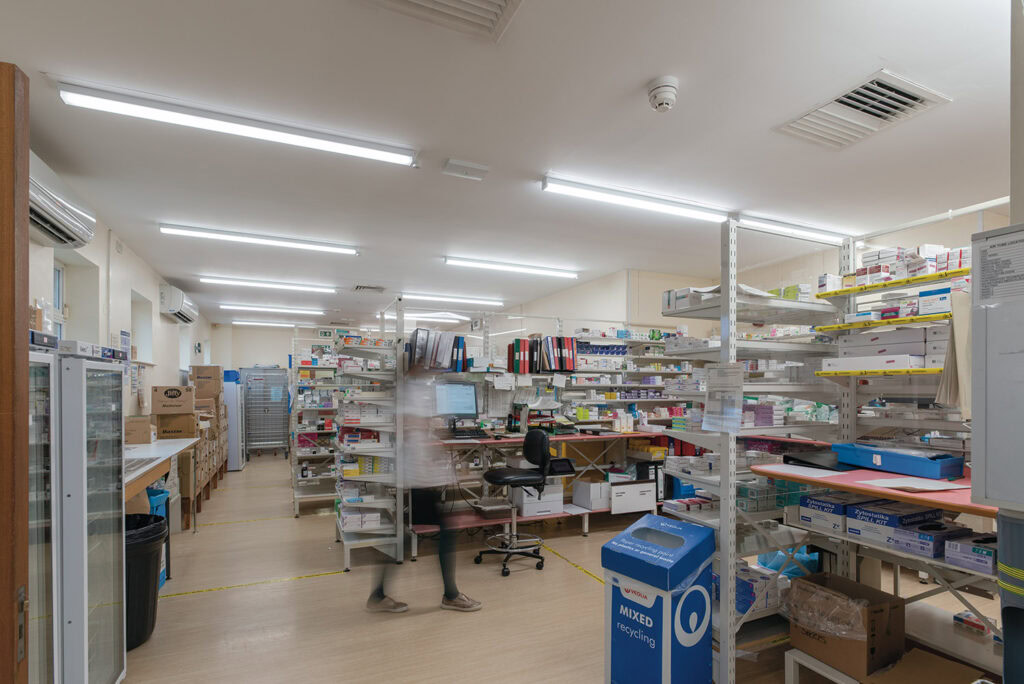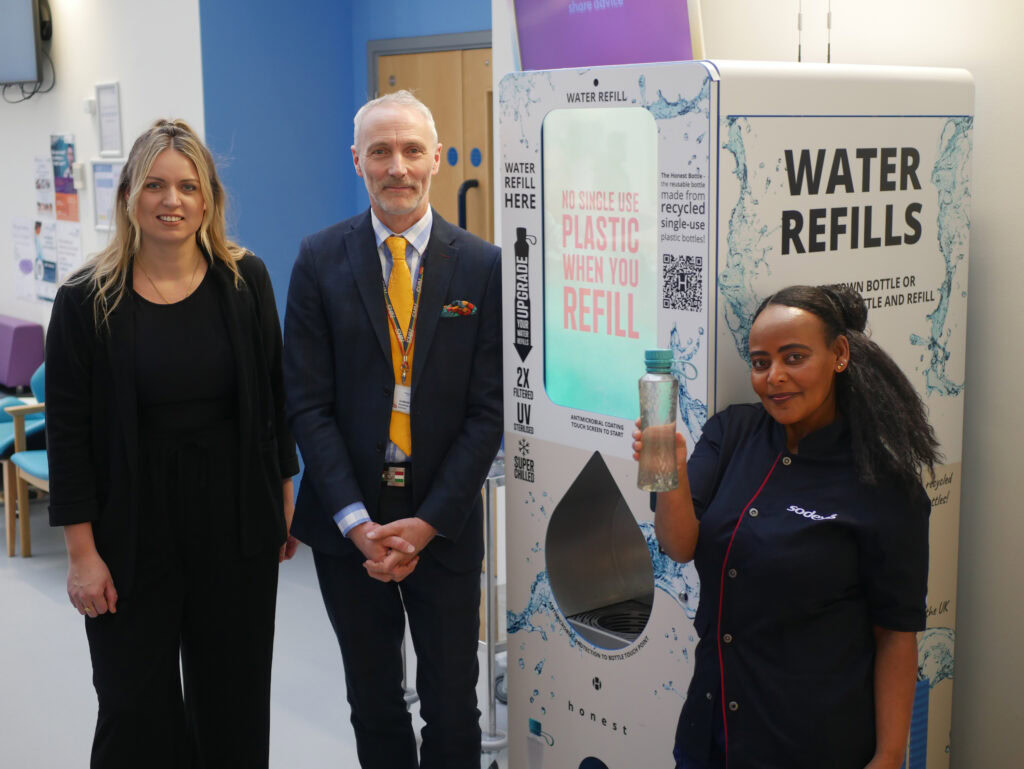Vanya Veras, secretary general of Municipal Waste Europe, told the LARAC conference yesterday (October 19) that the European economy was losing out by not efficiently managing its resources.

Speaking at the conference, Mrs Veras spoke about the impact that exporting recyclables has on the European economy. She said: We need greater control and more communication between municipalities and producers because we are losing resources which means we are losing money. What we are doing is weakening our economy and strengthening someone elses.
She added that Europe should take advantage of the resources it has as locally extracted raw materials found in waste are cheaper than imported processed raw materials. If we stop importing raw materials at greater costs which depend on the stability of the market and instead turn to our waste and put it back into production channels, we will stabilise our raw material supply.
If we achieve environmental sustainability we will achieve resource efficiency and that will give us economic stability across Europe.
Mrs Veras also highlighted the important role that local authorities play in securing resources as they are the link between citizens and producers. She added that they should use their role to encourage more recycling and help keep these valuable resources within Europe. She praised councils progress so far but said that more work was needed to ensure the maximum recovery of materials from waste.
In her speech, she warned against the private sector being able to collect materials directly from householders.
Export
In a question and answer session, Mrs Veras was tackled by David Rumble, strategic development manager for waste management firm Bywaters, who questioned her on two issues. The first was whether she was really advocating the end of free trade by ending exports to China. And, he queried her claims that the private sector shouldnt have the option to directly collect some materials from householders.
In response, Ms Veras explained that given the state of the economy, and the lack of environmental controls in non-EU factories, Europe should be worried about exporting its recyclables.
Children
She said: Sending our waste whether it is sorted or not to China, given the state of the European economy, should worry us. This is because the products are being made in a factory in China or somewhere else that has low environmental standards and sometimes has children working in them. There is no way to control how those factories are run from Europe.
She added that Europe is losing out again, as it pays to have the material imported. After we have exported it, we are then buying back that material into Europe. We are exporting all of the raw materials that we have already paid for once. For me, it is part of the change that we need to be bringing production back into Europe.
Mr Rumble also questioned her on why she thought the private sector should not communicate with citizens. Mrs Veras explained that she was not suggesting closing the door to work with private companies but that it was ultimately the local authorities choice.
She said: Private companies would collect the plastics and metals and leave residual waste as a huge burden on local authorities.
Municipal Waste Europe is a non-profit association which represents European municipalities and their public waste management companies. At present it represents 14 members, including LARAC.











Subscribe for free